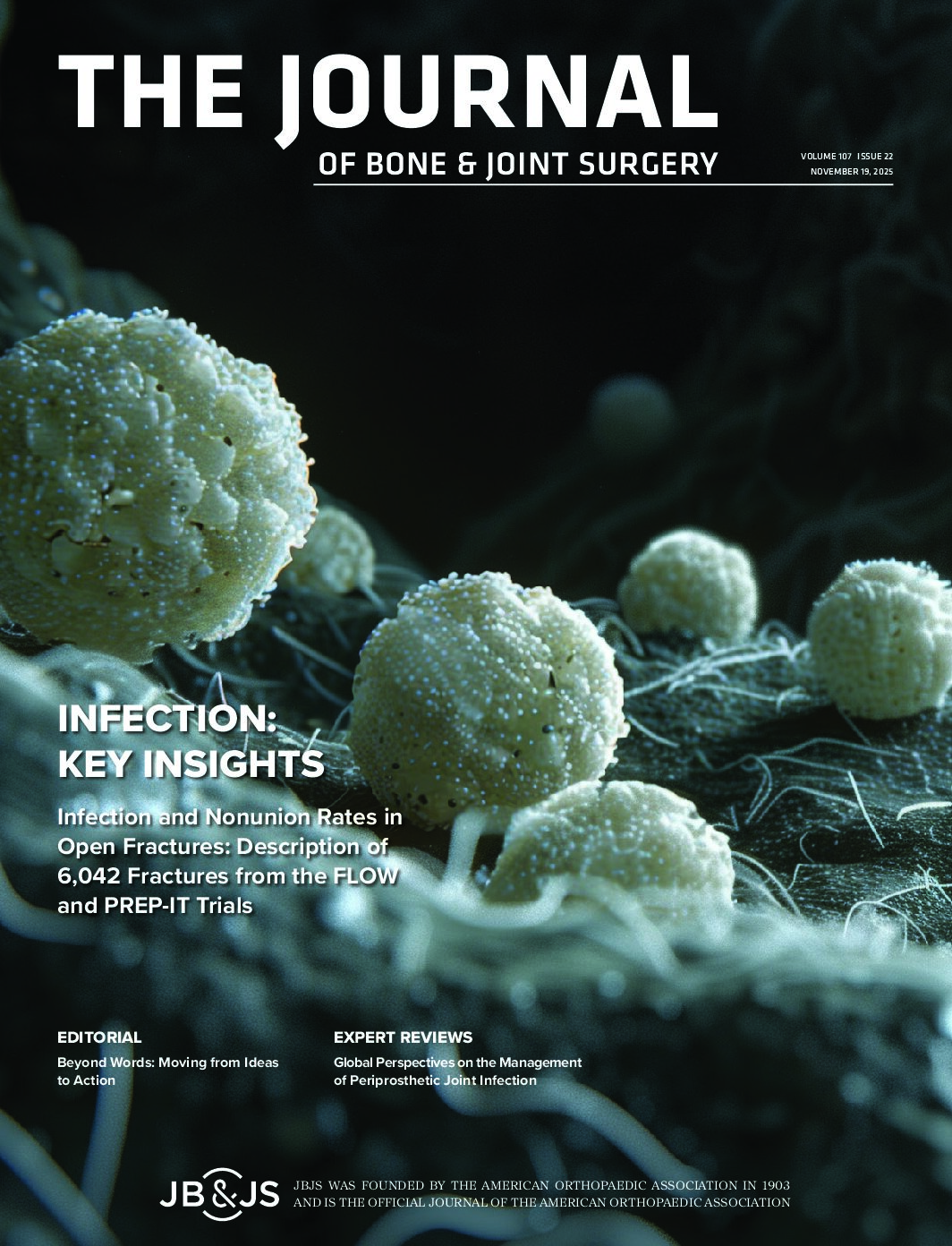 Reverse total shoulder arthroplasty (RTSA) has yielded promising medium-term outcomes, but what about longer-term results? In the March 15, 2017 edition of The Journal, Bacle et al. look at patient outcomes, prosthetic survival, and complications after a mean follow up of 12.5 years.
Reverse total shoulder arthroplasty (RTSA) has yielded promising medium-term outcomes, but what about longer-term results? In the March 15, 2017 edition of The Journal, Bacle et al. look at patient outcomes, prosthetic survival, and complications after a mean follow up of 12.5 years.
The good-news finding from this study was that the overall prosthetic survival rate (using revision as the end point) was 93%, confirming the reliability of the Grammont-style prosthesis. Time, however, took its toll on other outcomes. For example, both mean and absolute Constant scores among the cohort decreased significantly compared with the scores at the medium-term follow up (a minimum of 2 years). The cumulative long-term complication rate was 29%, with 10 of the 47 complications occurring at a mean of 8.3 years. Seven of those 10 delayed complications were attributed to mechanical loosening.
The authors suggest that the deterioration of RTSA outcomes seen in this study “is probably related to patient aging coupled with bone erosion and/or deltoid impairment over time.” They conclude that long-term RTSA outcomes “may be impacted by both the etiology of the shoulder dysfunction and the time since implantation.”
For more peer-reviewed content related to RTSA from JBJS Essential Surgical Techniques, click on the following links:
- Patient-Matched Implementation for Reverse Total Shoulder Arthroplasty
- Glenoid Bone-Grafting in Revision to a Reverse Total Shoulder Arthroplasty: Surgical Technique
- Technique for Reverse Total Shoulder Arthroplasty for Primary Glenohumeral Osteoarthritis with a Biconcave Glenoid


